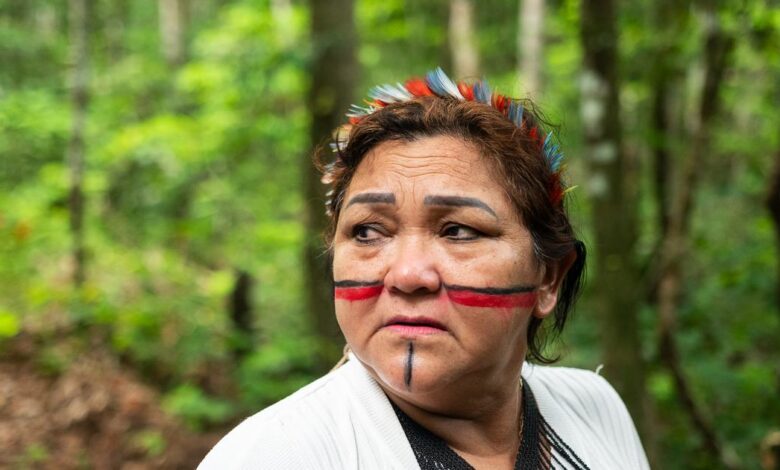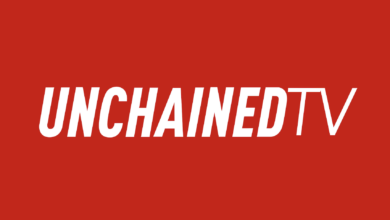Why investigative journalism should spark change in the world

“Being asked to speak to the House of Lords felt like an
honour,” Sybil said. “An honour to give a voice to the thousands who
leave their families, flying halfway across the world in hopes of
exchanging their labour for much-needed money to support loved ones”.
But, often, impact is an incremental process, requiring
on-going reporting on and coverage of an issue, often by multiple
outlets working in collaboration. In some cases, it can take years for
investigations to translate into real-world change.
In 2015, we published an investigation into the CIA’s
secret “black sites”, locations around the world where at least 119
people were taken and imprisoned. These disappearances were one of the
most closely guarded secrets of the Iraq war. We looked into the case of
Mustafa al-Hawsawi – who was detained in Lithuania in 2005 on suspicion
of being part of al-Qaeda and subjected to horrific torture.
Earlier this year – nearly a decade on from this reporting –
the European Court of Human Rights unanimously ruled that Lithuania
allowed ‘inhuman’ treatment of Mustafa al-Hawsawi by the CIA. The
judgement cited our investigation.
Philanthropic foundations – understandably – often
gravitate towards initiatives with concrete, pre-ordained outcomes, such
as health interventions or educational programmes. While these are
vital, so too is independent journalism in the public interest.
This funding gap for public interest journalism represents a
missed opportunity for philanthropy to drive transformative impact. A
single well-researched exposé can lead to policy changes, legal reform
and increased public awareness, which in turn can help move the dial on
myriad issues from corruption to environment; justice and human rights.
The long-term societal benefits of a better-informed public
cannot be underestimated. And journalism deserves the same level of
resourcing as other programmes and interventions that improve people’s
health, rights and prospects. Investigative journalism needs to be
understood as a tool for democracy building and an effective means of
holding those with power to account.
Without dedicated, on-the-ground journalism, rigorous fact
checking and robust legal review, such wrongdoing and injustice would
remain unreported. And without journalism that holds power to account
independently and courageously, corporations, governments and
individuals would continue to operate with impunity.
Source link




